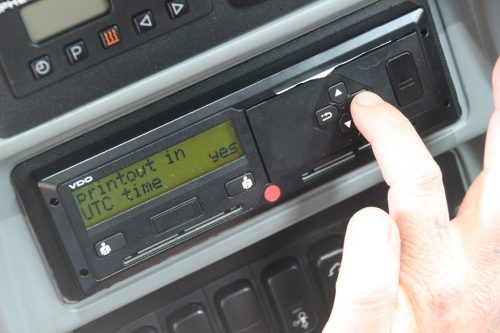 The Road Haulage Association (RHA) held a webinar on October 26 to dispel the doubts and uncertainty about what will happen to Driver Certificate of Professional Competence (DCPC) after Brexit in 2019. Jade Smith reports
The Road Haulage Association (RHA) held a webinar on October 26 to dispel the doubts and uncertainty about what will happen to Driver Certificate of Professional Competence (DCPC) after Brexit in 2019. Jade Smith reports
During the Road Haulage Association (RHA) recent webinar, Arnold Monk, Head of Training at RHA, and Lee Whitby, Training Manager at RHA, answered common questions around Driver CPC (DCPC). They covered topics such as understanding the timescales and what operators need to do by when, and using DCPC as a career development opportunity within businesses.
What will happen to DCPC when the UK leaves the EU on March 29, 2019?
The Government has put together a bill called the ‘European Withdrawal Bill.’ It’s made up of 66 pages and on page four it states: “EU-derived domestic legislation, as it had effect in domestic law immediately before exit day, continues to have effect in domestic law on and after exit day.” DCPC is included within that. This means that the current system will continue, unchanged, beyond exit day.
As an operator and driver I would like to know when the deadline is for drivers to complete their 35 hours of periodic training.
The easiest way to find out is to check the driver’s Driver Qualification Card (DQC), which they need to carry when they drive. When a driver comes in to pick up their job sheet, for example, you should periodically check to know when the expiry day is. […]
By subscribing you will benefit from:
- Operator & Supplier Profiles
- Face-to-Face Interviews
- Lastest News
- Test Drives and Reviews
- Legal Updates
- Route Focus
- Industry Insider Opinions
- Passenger Perspective
- Vehicle Launches
- and much more!


